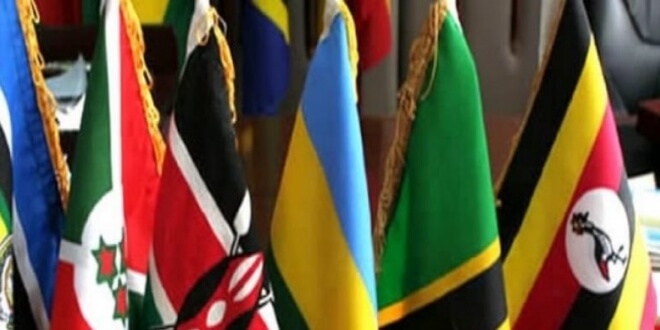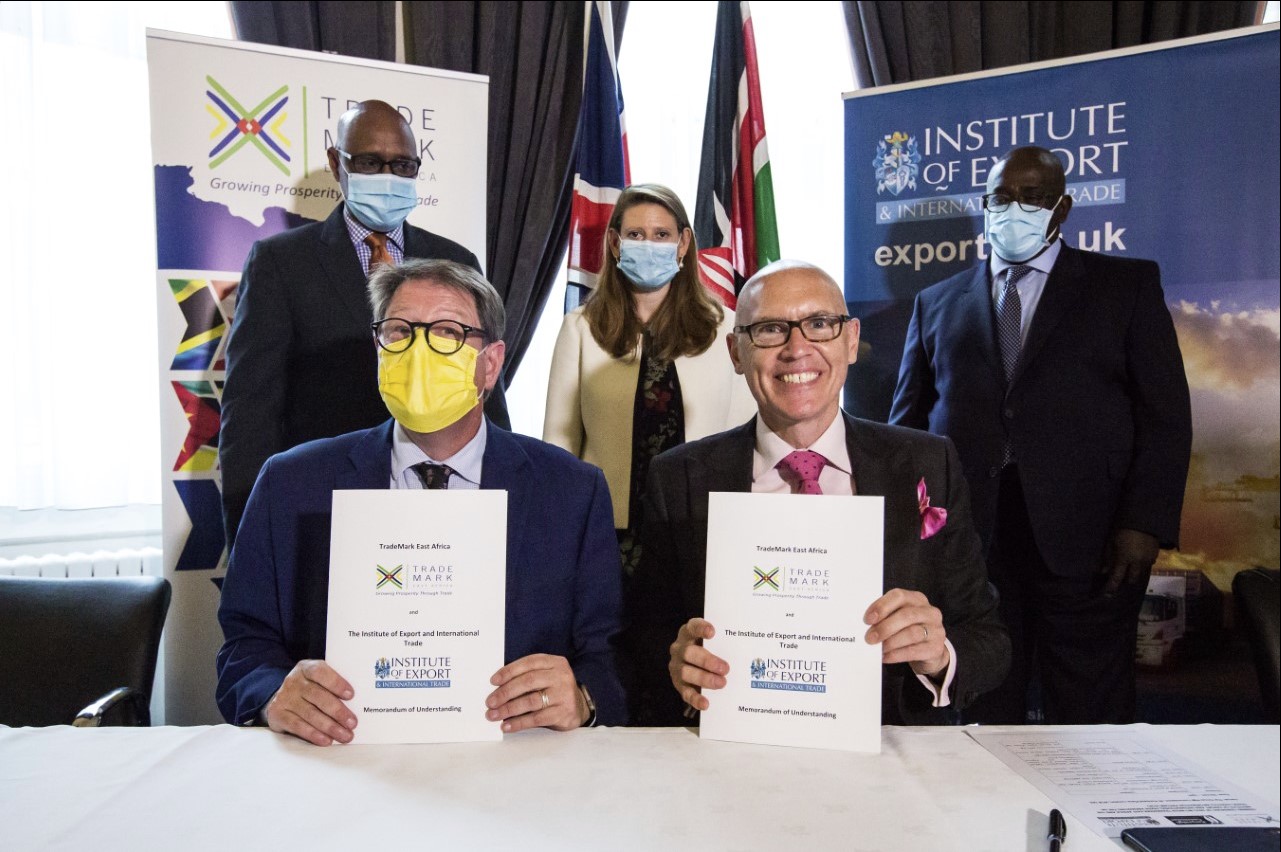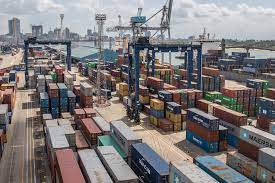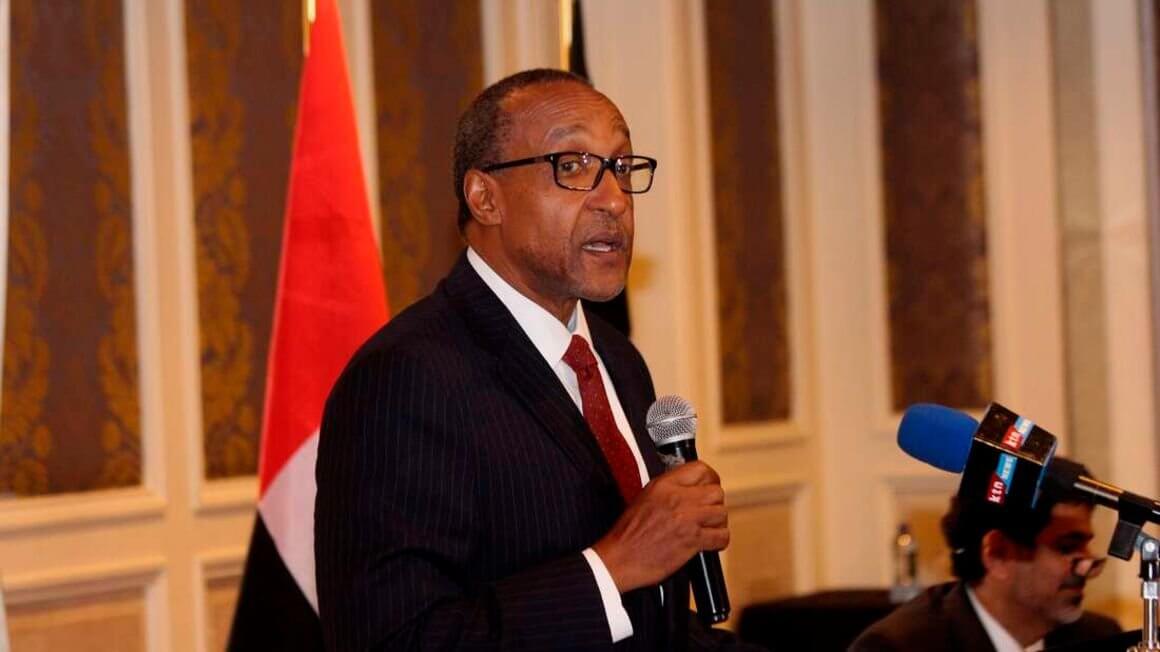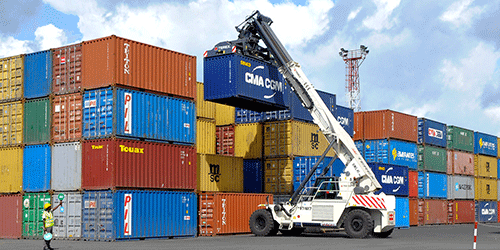President Paul Kagame on Friday, July 30 said the government has initiated a process to domesticate the Economic Community of Central African States (ECCAS) trade tariffs in the country’s trade laws. Kagame said this while addressing a virtual meeting of the 19th ECCAS Heads of State summit. In bid to operationalise the African Continental Free Trade Area (AfCFTA), Kagame said that the country is going to adopt the proposed preferential tariffs and the elimination of non-tariff barriers within the ECCAS. This comes seven months after African countries started using the Continental Free Trade Area. Kagame regards the process as a step to implement ambitious joint actions to speed up development thanks to the increased stability. “As security and stability in our region continue to improve, the remaining challenges are being addressed through both the ECCAS and the International Conference of the Great Lakes Region.” The purpose of the meeting was to discuss solutions to challenges that the region is currently facing. “We will continue working with member states to ensure that the ECCAS commission is fully staffed, resourced, and ready to serve our community,” the Head of State said. ECCAS seeks to establish a customs union by abolishing duties, quotas, prohibitions and administrative obstacles to trade between member states, with a view to adopting, in the long run, a common external tariff system. The ECCAS commission is financed by its 11 member countries, with Rwanda rejoining in 2015 after it pulled out in 2007. To ensure sustainable and balanced development,...
Rwanda to adopt ECCAS trade tariffs, says Kagame
Posted on: August 3, 2021
Posted on: August 3, 2021


